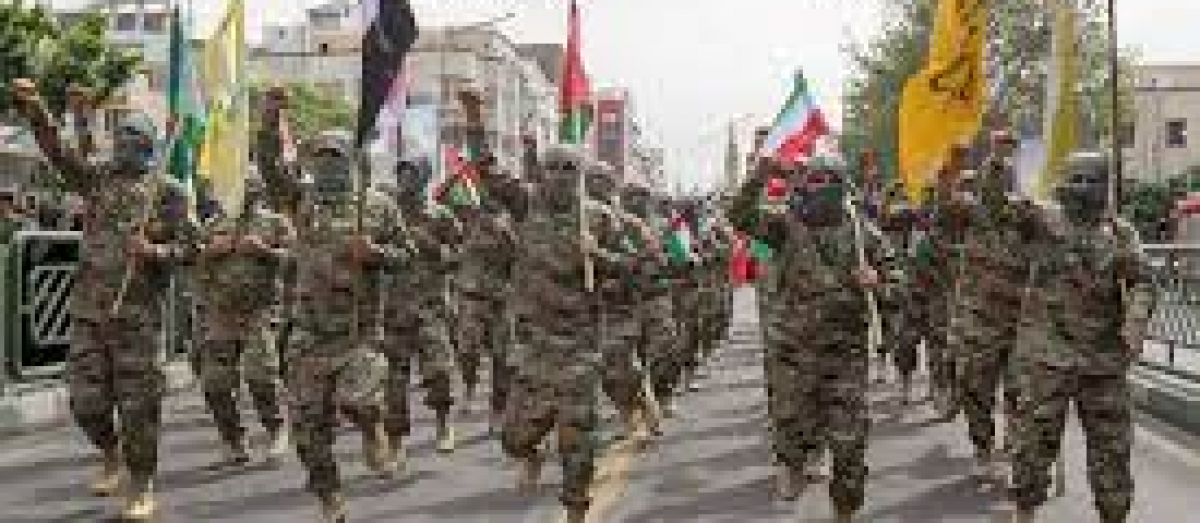
Lebanon, a country with a history of political intricacies and sectarian divisions, finds itself in a delicate political situation. The political climate remains marked by internal strife, economic challenges, and the aftermath of the devastating Beirut explosion in August 2020.
1. Political Paralysis:
Lebanon has faced prolonged political deadlock, with the inability to form a stable government exacerbating economic woes. The sectarian-based political system has often led to a power struggle among different factions, hindering effective governance.
2. Economic Crisis:
The country is grappling with a severe economic crisis, characterized by a depreciating currency, soaring inflation, and high levels of public debt. This economic downturn has contributed to widespread public dissatisfaction and protests.
3. Sectarian Dynamics:
Lebanon’s political landscape is deeply rooted in sectarian divisions, with power-sharing arrangements among religious communities. This system, while intended to maintain balance, has often resulted in political gridlock and inefficiency.
Geopolitical and Regional Significance of Lebanon: A Complex Crossroads
Lebanon holds geopolitical and regional importance due to its strategic location and historical context:
1. Proxy Battleground:
During regional conflicts, Lebanon has often become a proxy battleground for competing regional powers. The influence of countries like Iran and Saudi Arabia has played out through local factions, exacerbating Lebanon’s internal challenges.
2. Refugee Crisis:
Lebanon has been significantly impacted by the Syrian civil war, hosting a large number of Syrian refugees. This influx has strained resources and heightened socio-economic pressures.
3. Hezbollah’s Role: A Key Player in Lebanon and Beyond
Hezbollah: Unraveling the Complex Web
Hezbollah, established in the early 1980s, is a Shia political and military organization that emerged in response to the Israeli invasion of Lebanon. It has since evolved into a multifaceted entity with political, military, and social dimensions.
1. Political Wing:
Hezbollah is not merely a military organization; it operates as a political party within Lebanon. It holds seats in the Lebanese parliament and has ministers in the government, contributing to the intricate balance of power.
2. Military Capability:
Hezbollah boasts a formidable military wing, equipped with advanced weaponry. Its military prowess became evident during conflicts with Israel, and it is considered a significant military force in the region.
3. Regional Influence:
Beyond Lebanon, Hezbollah’s influence extends regionally. It has established alliances with Iran and Syria, aligning with the so-called “Axis of Resistance” against perceived threats, particularly from Israel and the West.
4. Social Services:
Hezbollah has also ingrained itself in Lebanese society by providing social services, including education and healthcare. This dual identity as both a military and social organization contributes to its popularity among certain segments of the population.
Hezbollah’s Role in Lebanon and the Region
1. Lebanese Politics:
Hezbollah’s involvement in Lebanese politics is a significant factor in the country’s power dynamics. Its political influence is intertwined with broader sectarian considerations, contributing to the complexity of governance.
2. Regional Conflicts:
Hezbollah’s military engagements, notably against Israel, have positioned it as a key player in regional conflicts. Its actions have repercussions not only for Lebanon but also for the broader Middle East.
3. Proxy of Iran:
Hezbollah is often seen as a proxy of Iran, representing Tehran’s interests in the region. This association has both strategic and ideological dimensions, influencing the geopolitical balance in the Middle East.
Conclusion: A Delicate Balance
Lebanon’s political situation is emblematic of the challenges posed by sectarian divisions, economic woes, and regional power dynamics. Hezbollah, with its multifaceted role, adds layers of complexity to the intricate tapestry of Lebanese and regional politics. As Lebanon navigates these challenges, the role of Hezbollah will continue to shape the country’s destiny and influence broader geopolitical dynamics in the Middle East.




